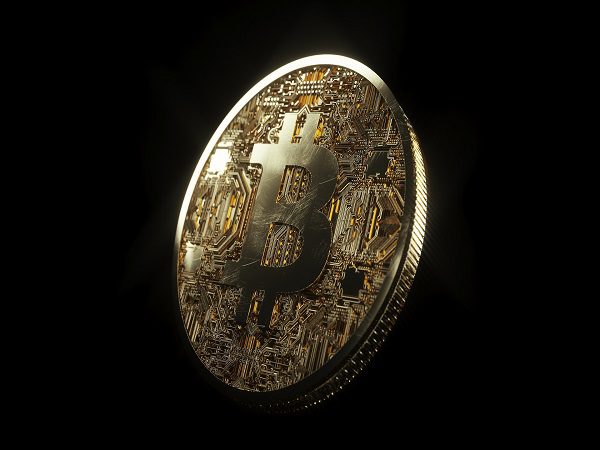Introduction:
In recent years, Bitcoin BTC mining has become a hot topic of debate, with environmental concerns taking center stage. As the popularity of cryptocurrencies rises, so does the scrutiny of their impact on the environment. In this article, we will delve into the myths and facts surrounding Bitcoin mining, aiming to dispel misconceptions and provide a comprehensive understanding of its environmental implications.
Bitcoin Mining Consumes Excessive Energy
One of the most common myths surrounding Bitcoin mining is that it consumes an exorbitant amount of energy, contributing to environmental degradation. While it is true that Bitcoin mining requires a significant amount of computational power, it’s essential to consider the broader context.
In reality, the energy consumption of the entire banking system, including ATMs, branches, and data centers, surpasses that of Bitcoin mining. Moreover, Bitcoin miners are increasingly seeking sustainable energy sources, such as hydroelectric and solar power, to mitigate their environmental impact.
Bitcoin Mining’s Evolution Towards Sustainability
Contrary to popular belief, the Bitcoin mining industry has undergone a transformative shift towards sustainability. Miners are actively exploring renewable energy options, reducing their carbon footprint. Initiatives are emerging globally to harness clean energy for mining operations, aligning the cryptocurrency industry with broader efforts to combat climate change.
Bitcoin Mining Worsens Electronic Waste
Another misconception is that Bitcoin mining contributes to the generation of electronic waste, as mining hardware becomes obsolete over time. While it’s true that mining equipment evolves, the industry is making strides in recycling and repurposing old hardware.
In fact, some mining companies are developing programs to refurbish and upgrade mining equipment, extending its lifespan and minimizing electronic waste. This commitment to sustainability is gradually reshaping the narrative surrounding Bitcoin mining’s environmental impact.
Sustainable Practices and Recycling in Bitcoin Mining
As the Bitcoin mining sector matures, responsible practices are gaining prominence. Companies are investing in research and development to create more energy-efficient mining hardware. Furthermore, recycling initiatives are being implemented to manage electronic waste responsibly. This shift towards sustainability reflects the industry’s commitment to addressing environmental concerns.
Bitcoin Mining Is Detrimental to Air Quality
One prevailing myth suggests that Bitcoin mining contributes to air pollution, particularly in regions where mining operations are concentrated. However, this assertion overlooks the advancements in mining technologies and the adoption of cleaner energy sources.
In reality, many mining facilities are located in areas with access to renewable energy, minimizing their impact on air quality. The use of efficient cooling systems and eco-friendly technologies further mitigates potential environmental harm, challenging the notion that Bitcoin mining inherently degrades air quality.
Advancements in Mining Technologies and Air Quality
The evolution of mining technologies has significantly improved the environmental footprint of Bitcoin mining. Advanced cooling systems, such as immersion cooling and liquid cooling solutions, reduce the need for energy-intensive air conditioning. This not only enhances the overall efficiency of mining operations but also contributes to improved air quality in the vicinity.
Transitional Phrases: Bridging the Gap
To better understand the nuances of Bitcoin mining’s environmental impact, it’s crucial to explore both the myths and facts surrounding this complex issue. While misconceptions persist, the industry’s commitment to sustainability and responsible practices is reshaping its narrative.
Myth 4: Bitcoin’s Environmental Impact Is Irreversible
A prevalent myth is that Bitcoin’s environmental impact is irreversible and will inevitably lead to ecological harm. However, ongoing research and development within the industry paint a different picture.
Ongoing Research and Development in Bitcoin Mining
The dynamic nature of the cryptocurrency sector allows for continuous innovation. Researchers and developers are actively seeking solutions to enhance the sustainability of Bitcoin mining. From optimizing energy consumption to exploring new consensus mechanisms, the industry is committed to minimizing its environmental footprint.
Conclusion:
The environmental concerns surrounding Bitcoin BTC mining are multifaceted, encompassing both myths and facts. While misconceptions persist, the industry’s proactive measures, such as embracing renewable energy and implementing sustainable practices, are gradually dispelling these myths. As Bitcoin mining continues to evolve, a nuanced understanding of its environmental impact is crucial for fostering informed discussions and driving positive change within the cryptocurrency sector.



































